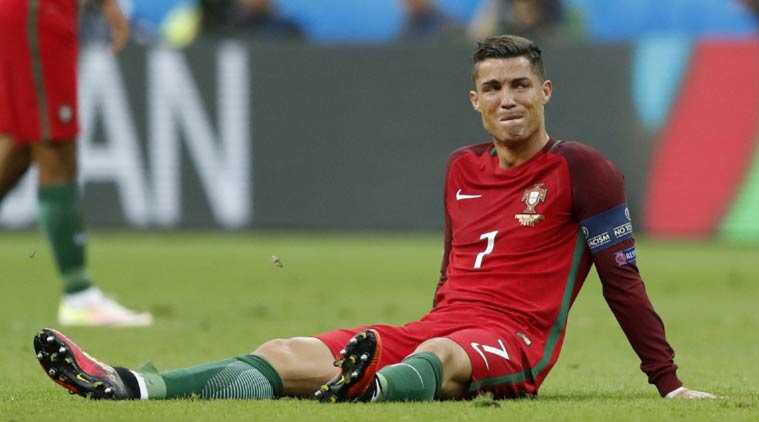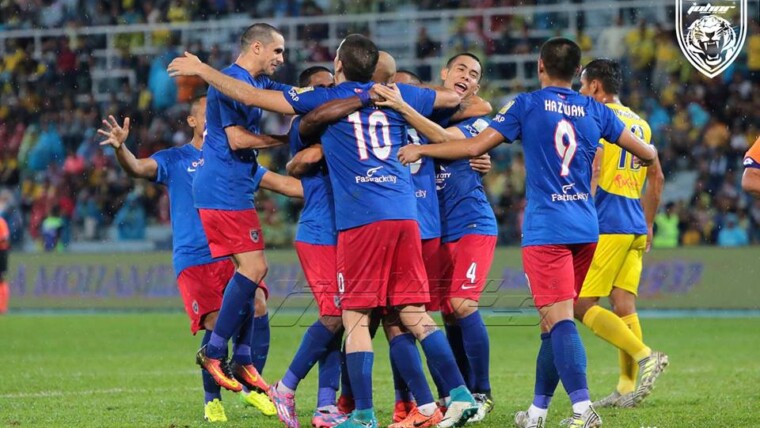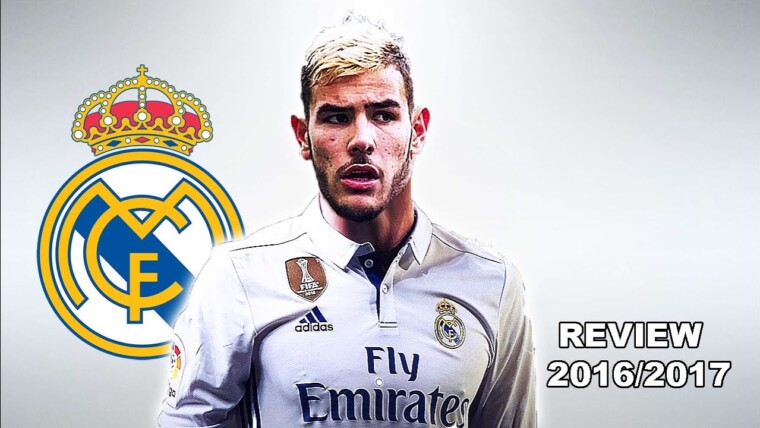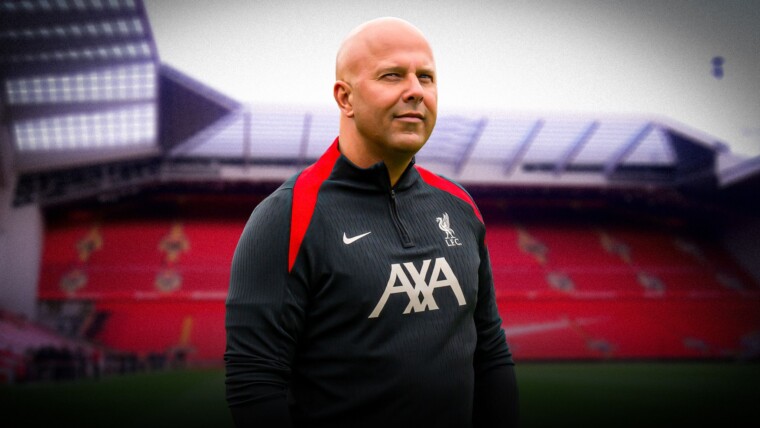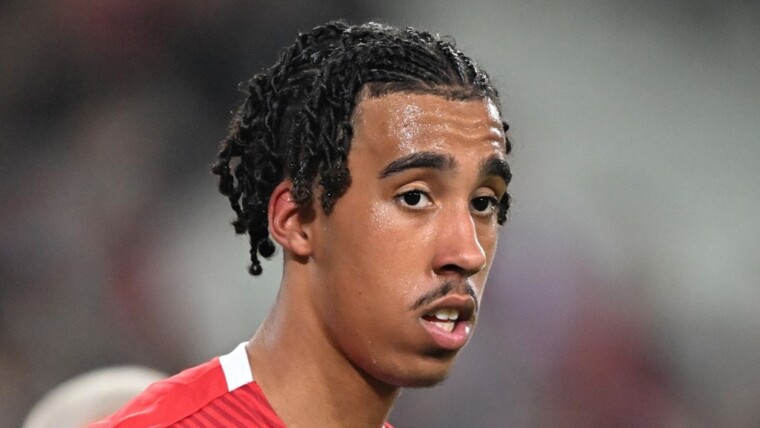It’s been a great year for football, thus far. Leicester City winning the Premier League, Iceland making history at the Euros, Wales evolving into everyone’s favourite team and now Portugal battling against the odds to clinch an unprecedented Euro triumph.
We label them as underdogs, but truth is, none of us were prepared to underestimate Portugal on the eve of June 14. Probably a few, but to a large extent, we knew they’d pose some degree of threat with Cristiano Ronaldo on their side.
After all, he’s up there with Lionel Messi as the two greatest footballers on the planet, right now. He scores goals for fun, maintains an extremely healthy regime and puts hours into practice, every single day. More importantly, he’s a winner. Ask anyone that has worked with him.
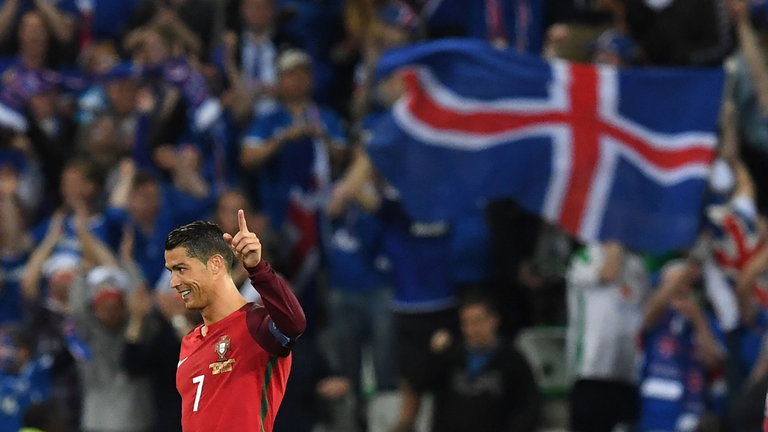
One day later, Iceland held Portugal to a 1-1 draw and Cristiano Ronaldo was trending worldwide for his less-than-appealing comments on the Icelandic footballers. Exactly at this moment, we began to doubt them. The floodgates of previous failures were inevitably opened and we were treated to haunting reminders of their past.
The Ronaldo-era of Portugal has been a disappointing one. With the exception of that final in 2004 – which even the Portuguese folks consider to be a failure – Ronaldo and Co have consistently failed to produce when it mattered the most. They’d do well during the group stages, before losing in the knockout rounds. And every single defeat took a toll on Ronaldo’s quest of being regarded as the greatest of all time.
In fact, his sheer drive makes it impossible for coaches to ever drop him or even attempt to consider a tactical approach without Ronaldo in it. Had Fernando Santos dropped Ronaldo for even one match, he’d have been public enemy number one in Portugal – Ronaldo’s role within the national team is romanticized by everyone. Frankly, it almost seems like Ronaldo is their comfort zone – that he defines everything beautiful about Portuguese football.
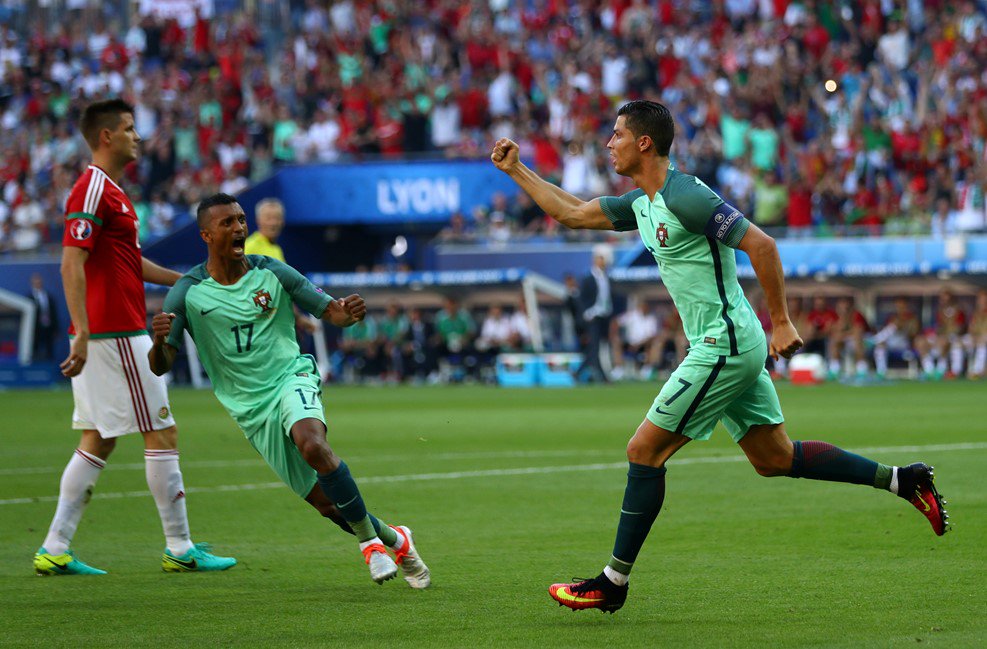
It’s the easy option, no? Have Ronaldo in your team and give him the ball at every opportunity. Occassionally, he’ll produce something magical and get the team going. But if and when he doesn’t pull a rabbit out of the hat, we can always wave goodbye and moan about our luck.
Think about this. Ronaldo was the name on everyone’s lips as soon as Portugal sent Wales packing last week. Yes, he did score a goal. But so did Nani? In fact, Nani created four chances during the game and possessed a passing accuracy of 95% in that match. But no, Ronaldo is still the ‘golden boy’.
No doubt, Ronaldo is world-class. But is his presence preventing Portugal from maximizing the talent at their disposal. Is Ronaldo pushing them forward, or is he stopping them from playing as a unit? As overhyped or as ‘indie’ as this may sound, could Ronaldo be Portugal’s kryptonite?

Ronaldo’s injury was heartbreaking to watch – particularly because of his relentless obsession with perfection. He’s a born winner and he goes to length that most footballers would only dream off, in order to win. And Portugal’s miraculous journey to the final is due in no small part to him.
Otherwise though, Portugal have been horrendous. They barely survived the group stages, and were lucky to seal an extra-time win against a disillusioned Croatian side in the Round of the 16. They went on to narrowly edge over Poland on penalties, before being handed the gift of taking on a Ramsey-less Wales side. Even then, they scored two goals in four minutes to seal the deal. There was nothing attractive about them, if you take those four minutes away. That’s 86 minutes of sub-standard football.
All of this made sense, as soon as Ronaldo was stretchered off. Quaresma’s introduction didn’t alter Portugal’s 4-4-2 shape, but what it did do was force their midfield to be far more creative. Now, they didn’t need to look for Ronaldo at every opportunity. The pressure was spread across the pitch and their movement became a lot more fluid. This also gave Nani a lot more freedom to move all around the pitch, and the work rate of Quaresma also meant that Nani had the liberty of being the focal point – a role that he constantly interchanged with Quaresma as well.

But perhaps the biggest shift happened with the introduction of Eder. All of sudden, Portugal evolved into a 4-3-3, with Nani and Quaresma on the flanks. This gave Portugal a lot more impetus going forward. With Nani and Quaresma also dropping back to help defensively, France found it difficult to break them down in midfield. But as soon as Portugal regained possession, they had three options – spread it to Nani, spread it to Quaresma or launch it to Eder.
This variety was never visible with Ronaldo on the pitch. Firstly, the Real Madrid star is not hardworking enough to be a traditional winger, but at the same time, isn’t disciplined enough to be a target man. Ronaldo works best in a free role – when he’s given the license to roam and wreck havoc. But this freedom only works when your team dominates and dictates the tempo of the game.
Secondly, Ronaldo’s nature of being a matchwinner forces his teammates to be one dimensional in attack. Every opportunity is linked with Ronaldo – which makes it easier for defenders to nullify their attacking prowess. All they need to do is keep an eye on Ronaldo, and it’s job well done. In his absence, the likes of Joao Mario were forced to abandon their conservative shape and be more adventurous, going forward. So when Eder scored the winner, it wasn’t entirely a surprise. It was a result of discipline, hardwork, creativity and most importantly, variety.

But don’t pull your trigger just yet, Ronaldo deserves every bit of praise that’s coming his way, as a result of this triumph. He was their best player, and was a key part of the team’s impeccable run. Nonetheless, there’s a valuable perspective for the Portuguese set-up to take away from this – and it’s something the fans need to learn to accept as well.
Ultimately, there is more to Portuguese football, than just Cristiano Ronaldo.
Other posts by Keeshaanan Sundaresan

